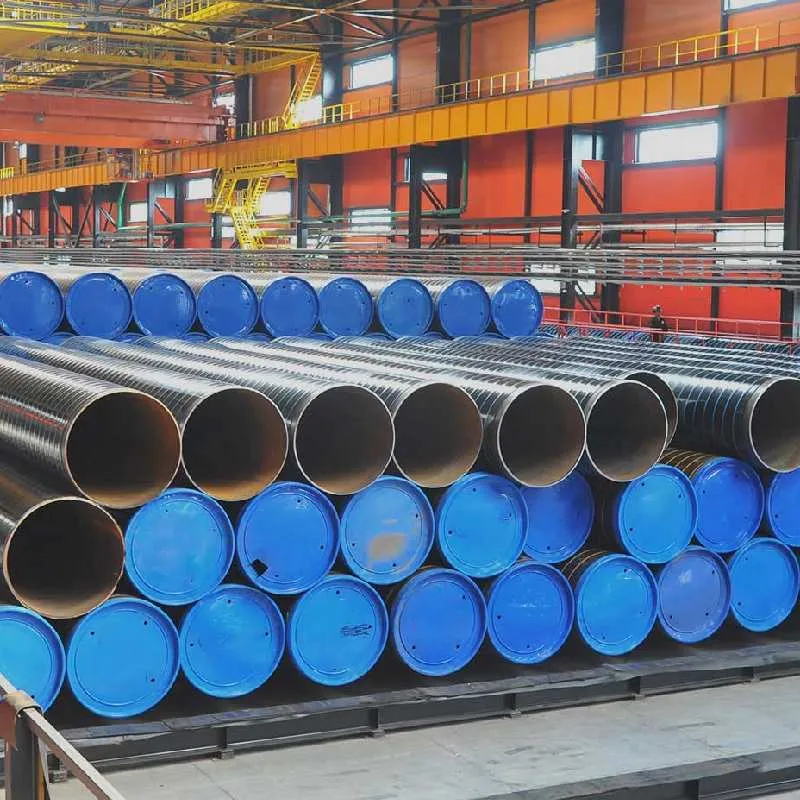-
Cangzhou Yulong Steel Co., Ltd.
-
Phone:
+86 13303177267 -
Email:
admin@ylsteelfittings.com
- English
- Arabic
- Italian
- Spanish
- Portuguese
- German
- kazakh
- Persian
- Greek
- French
- Russian
- Polish
- Thai
- Indonesian
- Vietnamese
- Zulu
- Korean
- Uzbek
- Hindi
- Serbian
- Malay
- Ukrainian
- Gujarati
- Haitian Creole
- hausa
- hawaiian
- Hebrew
- Miao
- Hungarian
- Icelandic
- igbo
- irish
- Japanese
- Javanese
- Kannada
- Khmer
- Rwandese
- Afrikaans
- Albanian
- Amharic
- Armenian
- Azerbaijani
- Basque
- Belarusian
- Bengali
- Bosnian
- Bulgarian
- Catalan
- Cebuano
- China
- China (Taiwan)
- Corsican
- Croatian
- Czech
- Danish
- Esperanto
- Estonian
- Finnish
- Frisian
- Galician
- Georgian
- Kurdish
- Kyrgyz
- Lao
- Latin
- Latvian
- Lithuanian
- Luxembourgish
- Macedonian
- Malgashi
- Malayalam
- Maltese
- Maori
- Marathi
- Mongolian
- Myanmar
- Nepali
- Norwegian
- Norwegian
- Occitan
- Pashto
- Dutch
- Punjabi
- Romanian
- Samoan
- Scottish Gaelic
- Sesotho
- Shona
- Sindhi
- Sinhala
- Slovak
- Slovenian
- Somali
- Sundanese
- Swahili
- Swedish
- Tagalog
- Tajik
- Tamil
- Tatar
- Telugu
- Turkish
- Turkmen
- Urdu
- Uighur
- Welsh
- Bantu
- Yiddish
- Yoruba

Sep . 29, 2024 09:10 Back to list
Specification Guidelines for API 5L Line Pipe Standards
Understanding API Spec 5L Specification for Line Pipe
The API Specification 5L (API 5L) is an essential standard published by the American Petroleum Institute (API) that outlines the requirements for the manufacturing and testing of line pipe. This specification is critical for the oil and gas industry as it ensures that the pipes used in transporting hydrocarbons and other fluids through pipelines are made to a uniformly high quality, safe for operation, and suitable for the intended service conditions.
Overview of API Spec 5L
API Spec 5L is designed to cover the steel pipes used in the transportation of oil, natural gas, and water. These pipes are typically found in large-scale pipeline systems that traverse extensive geographical areas and operate at varying temperatures and pressures. The specification encompasses not only the physical properties of the pipeline but also the manufacturing processes, testing methods, and inspection protocols.
Grades and Specifications
API Spec 5L categorizes line pipes into various grades based on their chemical composition and mechanical properties. These grades are denoted as L followed by a grade number (e.g., L245, L290, L360, etc.), indicating increasing strength levels. Each grade has prescribed yield and tensile strength values, which are crucial in determining the pipe's ability to withstand operational stresses.
When selecting a specific grade of line pipe, various factors need to be considered, including the type of fluid being transported, the temperature, and the pressure conditions in which the pipe will operate. The most common grades include L245 for general use and higher grades like L555 or L690 for more demanding applications.
Manufacturing and Material Requirements
api spec 5l specification for line pipe

The materials used in the production of line pipes under API Spec 5L are primarily carbon steel, though alloy steels and stainless steels may also be employed depending on service requirements. The specification outlines the necessary chemical composition, ensuring that the steel contains appropriate levels of carbon, manganese, phosphorus, sulfur, and other elements to achieve desired characteristics.
The manufacturing processes are also specified, with methods such as seamless and welded pipe production being highlighted. The choice between these processes often depends on product specifications and end-use conditions. Seamless pipes are generally preferred for high-pressure applications due to their superior strength and integrity, while welded pipes may be used for less demanding situations.
Testing and Compliance
API Spec 5L includes rigorous testing requirements to ensure the integrity and performance of the manufactured pipe. These tests typically cover a range of mechanical properties such as tensile strength, yield strength, and elongation. Non-destructive testing methods, including ultrasonic testing and radiographic testing, are utilized to detect any internal and surface imperfections.
Furthermore, each batch of manufactured pipe must comply with API standards before it can be delivered to the customer. Compliance is validated through certification by an accredited body, which not only enhances traceability but also ensures quality across the supply chain.
Conclusion
In conclusion, API Spec 5L represents a crucial framework for ensuring the safety and reliability of line pipes used in the transportation of oil, gas, and other fluids. By specifying the material requirements, manufacturing processes, and testing standards, API Spec 5L helps maintain high-quality standards essential for successful pipeline operations. As the global demand for energy increases, adhering to these specifications becomes even more critical to mitigating risks associated with pipeline transportation and maintaining the integrity of essential energy infrastructure.
The importance of API Spec 5L cannot be overstated, as it not only fosters confidence among industry stakeholders but also plays a significant role in promoting safety and operational efficiency throughout the oil and gas supply chain.
Latest news
-
ANSI 150P SS304 SO FLANGE
NewsFeb.14,2025
-
ASTM A333GR6 STEEL PIPE
NewsJan.20,2025
-
ANSI B16.5 WELDING NECK FLANGE
NewsJan.15,2026
-
ANSI B16.5 SLIP-ON FLANGE
NewsApr.19,2024
-
SABS 1123 FLANGE
NewsJan.15,2025
-
DIN86044 PLATE FLANGE
NewsApr.19,2024
-
DIN2527 BLIND FLANGE
NewsApr.12,2024
-
JIS B2311 Butt-Welding Fittings LR/SR 45°/90° /180°Seamless/Weld
NewsApr.23,2024











